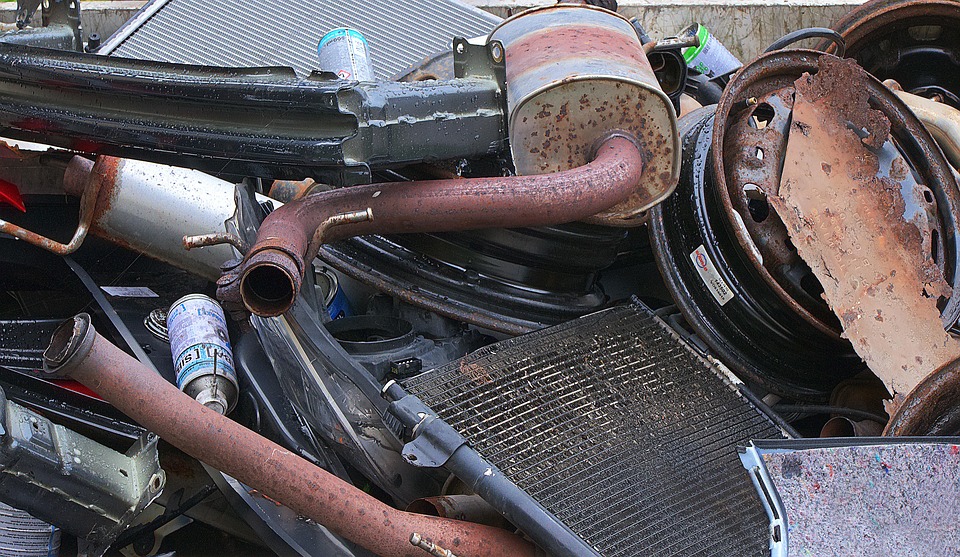The Essential Skills and Responsibilities of a Scrap Metal Dealer: A Shortage Occupation with Promising Career Prospects
In the realm of sustainable practices and recycling, the role of a scrap metal dealer has emerged as pivotal. As the demand for recycled materials continues to rise, so too does the need for skilled professionals who can navigate this complex industry. But what exactly does it take to thrive in this field?
1. Understanding Market Dynamics
To succeed as a scrap metal dealer, one must possess a keen understanding of market dynamics. The prices of metals fluctuate based on various factors—from global demand to trade policies. A savvy dealer keeps abreast of market trends, allowing them to make informed purchasing and selling decisions. As the Financial Times noted, “The recycling industry is not merely about collection; it’s about strategic positioning in ever-changing markets.” This insight highlights the importance of a proactive approach to market analysis.
2. Technical Know-How
Knowledge of various metals and their specific properties is indispensable. Dealers must differentiate between ferrous and non-ferrous metals, understanding how each type affects value and processing methods. For instance, aluminium, prized for its lightweight nature, commands a different market price compared to copper, renowned for its electrical conductivity. Furthermore, familiarity with recycling processes can enhance a dealer’s credibility, as they can provide valuable information to customers regarding how materials are handled post-sale.
3. Negotiation Skills
Negotiation is an art form in the scrap metal industry. Dealers often engage with both suppliers and buyers, requiring them to possess strong interpersonal skills. The ability to negotiate favourable terms while maintaining rapport with clients can significantly impact a dealer’s profitability. As one industry expert pointed out, “Successful dealers are not just traders; they are relationship builders.” This sentiment underscores the fact that a thriving business relies heavily on the strength of its network.
4. Regulatory Compliance
The scrap metal industry is governed by a plethora of regulations aimed at ensuring safe and ethical practices. A responsible dealer must be well-versed in local and national laws regarding waste management and recycling. Compliance not only protects the business from legal repercussions but also fosters trust with customers. The Environment Agency in the UK emphasises the importance of adhering to regulations, stating that “compliance is not merely a requirement; it’s a commitment to sustainable practices.”
5. Health and Safety Awareness
A scrap metal dealer operates in an environment fraught with potential hazards. From heavy machinery to sharp objects, the need for rigorous health and safety protocols cannot be overstated. Dealers must ensure that their workplaces comply with health regulations and that their staff is trained to handle materials safely. Neglecting safety can lead to serious accidents, tarnishing a dealer’s reputation and incurring hefty fines.
6. Business Acumen
Lastly, a successful scrap metal dealer must possess strong business acumen. From managing finances to overseeing operations, the ability to run a profitable venture is crucial. This includes understanding cost structures, pricing strategies, and inventory management. As the industry continues to evolve, embracing technology—such as inventory tracking software—can provide a competitive edge.
The landscape for scrap metal dealers is indeed promising, particularly as the global economy leans more towards sustainability. With a shortage of skilled professionals in this field, those who equip themselves with the necessary skills will find ample opportunities.
Visajob.co.uk stands ready to assist you in navigating the intricacies of securing employment in the UK, particularly in roles that require sponsorship. Whether you’re looking to enter the world of scrap metal dealing or explore other avenues, we are here to support your journey.




